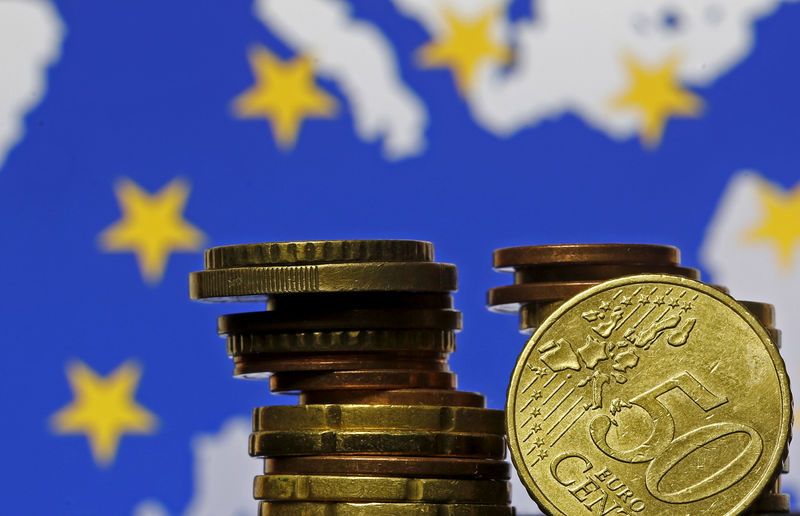Digital Euro Holding Limits: EU Finance Ministers’ Agreement
On Friday, finance ministers from European Union member states reached an agreement regarding the establishment of limits on the amount of digital euro that an individual can possess. This marks a significant step towards the launch of a central bank digital currency.
Key Outcomes from the Eurogroup Press Conference
The announcement was made during a Eurogroup press conference following the Economic and Financial Affairs Council meeting in Copenhagen, Denmark. Officials indicated that they had achieved a consensus on the framework for holding limits, as well as the eventual issuance process for the digital euro.
One official clarified during the press conference that the discussions primarily focused on the procedures for creating these holding limits, rather than specifying the limits themselves. This statement follows advocacy from UK-based cryptocurrency industry groups urging their central bank to reconsider plans for similar stablecoin holding limits.
The idea of a holding limit for the European Union’s central bank digital currency (CBDC) was also tackled in the European Central Bank’s (ECB) progress report on the digital euro, which was released at the end of 2024. According to a report by Politico in 2024, the discussion surrounding holding limits has become a contentious issue between the ECB and national central banks.
In spite of a global pivot towards stablecoins, the EU is seemingly more committed than ever to its digital euro initiative. Earlier this month, the ECB reaffirmed its commitment to issuing a digital euro, encountering some resistance from certain EU members concerned about privacy and the potential negative impacts on commercial banks.
ECB board member Piero Cipollone stated that the system “will ensure that all Europeans can pay at all times with a free, universally accepted digital means of payment, even in case of major disruptions.” He emphasized that the bank “will not know anything about the payer and the payee,” asserting that the solution would also function offline. He claimed the offline implementation “will be as good as cash in terms of preserving the privacy of the people.”
ECB policymakers have been considering the potential launch of a digital euro for several years, but they might face pressure from stablecoin regulations advanced by the Trump administration in the United States. In late July, ECB adviser Jürgen Schaaf suggested that the digital euro could be a strategic option for the EU in response to the swift rise of dollar-backed stablecoins.
Similarly, Fabio Panetta, a former ECB official and Governor of the Bank of Italy, stated at the end of May that the digital euro could play a crucial role in managing the risks associated with the growing adoption of cryptocurrencies. He remarked, “We would be remiss to think that the evolution of crypto-assets can be controlled only through rules and restrictions,” suggesting that the digital euro would be essential for addressing these challenges.





















